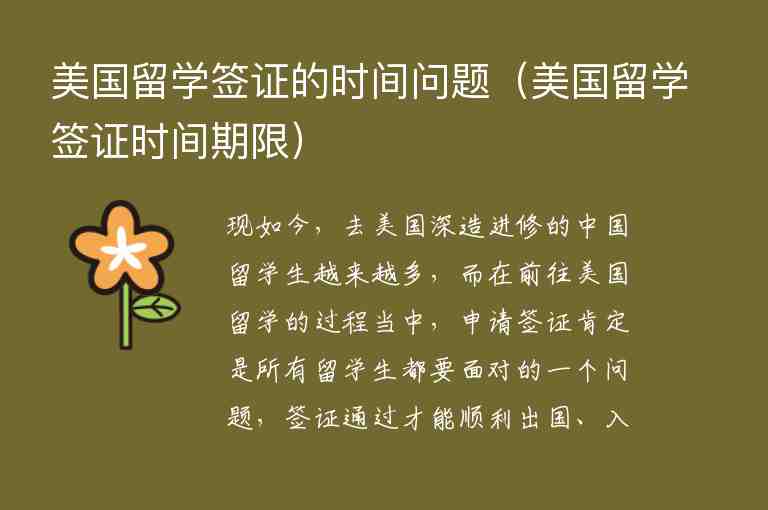coming [ˈkʌmɪŋ]
1. (动词) 来临,到来; 出现,发生
例句:The storm is coming. (暴风雨即将来临。)
The new year is coming soon. (新年即将到来。)
2. (形容词) 即将到来的,接近的
例句:I'm excited for the coming summer vacation. (我对即将到来的暑假感到兴奋。)
The coming year will be full of challenges. (即将到来的一年将充满挑战。)
3. (名词) 未来,隐喻为“未来时代”
例句:We must prepare for the coming of a new era. (我们必须为新时代的到来做好准备。)
The future of technology is always uncertain, but exciting at the same time. (科技的未来总是不确定的,但同时也令人兴奋。)
怎么读(音标)
coming [ˈkʌmɪŋ]
用法
1. “coming”作为动词时,常用于描述某件事情即将发生或出现。
2. “coming”作为形容词时,常用于描述某件事情或人即将到达或出现。
3. “coming”作为名词时,通常指未来或隐喻为“未来时代”。
例句1-5句且中英对照
1. The coming of spring brings new hope and joy. (春天的到来带来新的希望和喜悦。)
2. The coming of age ceremony is an important tradition in many cultures. (成年仪式是许多文化中重要的传统。)
3. With the coming of night, the city comes alive with lights and sounds. (随着夜晚的来临,城市变得灯火辉煌、声光骤起。)
4. We must be prepared for the coming changes in our industry. (我们必须为即将到来的行业变革做好准备。)
5. The coming generation will face many challenges, but also have many opportunities for growth and success. (即将到来的一代人将面临许多挑战,但也有许多成长和成功的机会。)
同义词及用法
1. approaching [əˈproʊtʃɪŋ] 作为动词时,意为“接近”;作为形容词时,意为“即将到来的”。
例句:The approaching storm has everyone on edge. (即将到来的暴风雨让每个人都紧张起来。)
2. forthcoming [ˈfɔrθˌkʌmɪŋ] 作为形容词时,意为“即将到来的”;作为名词时,意为“未来”。
例句:The forthcoming meeting will discuss important changes within the company. (即将到来的将讨论公司内部重要的变化。)
3. impending [ɪmˈpɛndɪŋ] 作为动词时,意为“迫近”;作为形容词时,意为“即将发生的”。
例句:The impending deadline has everyone working overtime. (即将到来的截止日期让每个人都加班工作。)
编辑总结
“coming”是一个多功能的单词,既可以作为动词、形容词、名词使用,也可以用于不同语境下。它常用于描述某件事情或人即将到来或发生,也可以指未来或隐喻为“未来时代”。在使用时要注意上下文,以免产生歧义。
